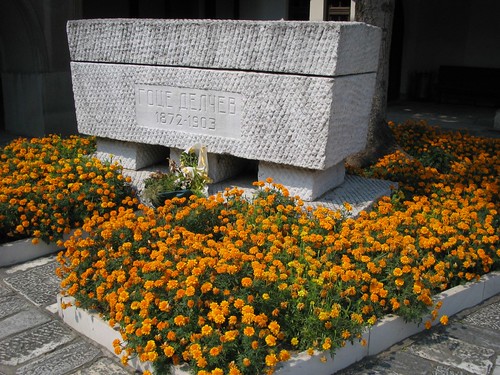Lesandar
Buduća legenda
- Poruka
- 27.930









Boer
Boer (pronounced /ˈbʊər/, /ˈboʊ.ər/, or /ˈbɔər/; Afrikaans: [ˈbuːr]) is the Dutch word for farmer, which came to denote the descendants of the Dutch-speaking settlers of the eastern Cape frontier in Southern Africa during the 18th century, as well as those who left the Cape Colony during the 19th century to settle in the Orange Free State, Transvaal (which are together known as the Boer Republics), and to a lesser extent Natal.
http://en.wikipedia.org/wiki/Boer
Boer Wars
The Boer Wars (known in Afrikaans as Vryheidsoorloeë [lit. "freedom wars"]) were two wars fought between the United Kingdom and the two independent Boer republics, the Orange Free State and the South African Republic (Transvaal Republic).
http://en.wikipedia.org/wiki/Boer_Wars
Оранге ( ориг: ОРАЊЕ) - поготовљење земљата за сеење

Poslednja izmena:


